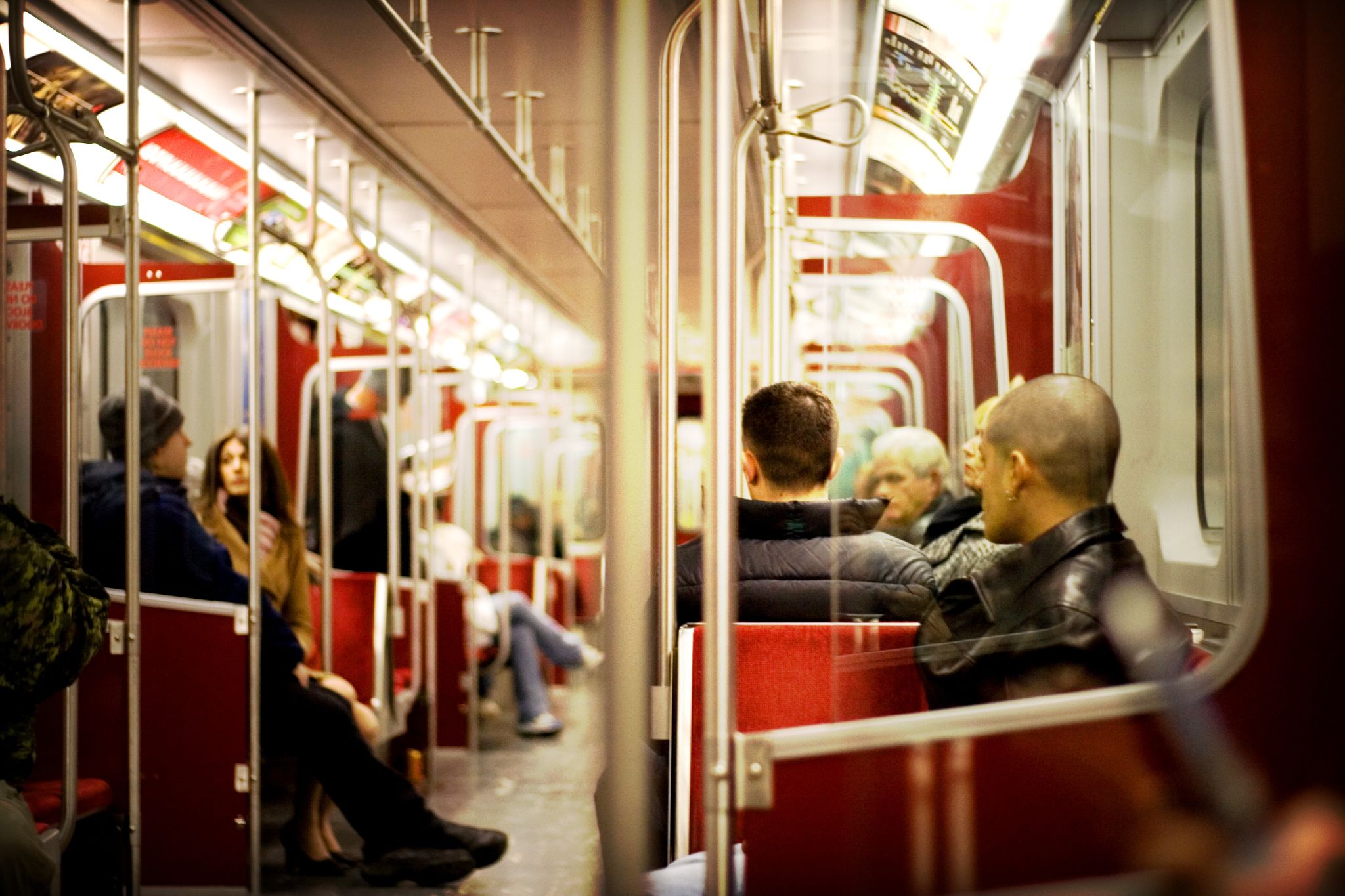A friend in Vancouver recently posted on Facebook saying that he had “finally lost count of all of his side hustles.” I didn’t respond — not because I wasn’t sympathetic — but because his words hit a little too close to home.
On Wednesday, the Liberals announced investment in job growth and skills training alongside a cut to the 15-per-cent tax credit on transit passes. Much of the GTA (and cities across Canada) let out a collective groan. We did this not because we don’t want high paying jobs or skills training — quite the contrary — but because job growth takes months and years while many of us operate on the more urgent timelines of weeks, days and hours.
For better or for worse, Toronto is a city of side hustles. The barista at the local cafe is also an advertising rep and yoga instructor. The bartender is a graduate student and dogwalker. And the urban planner also delivers food. All of them sublet their apartments while away for the holidays.
When the Harper government first introduced the transit tax credit in 2006, it was presented as a way of incentivizing transit use and relieving congestion on our many gridlocked highways and streets. It didn’t succeed. Gridlock is still a huge problem in this country, particularly in the Greater Toronto Area, where the 401 sees more than half a million drivers per day.
What the credit did manage to do, however, was incentivize metropass purchases for people on the threshold of the whole token/metropass conundrum. It has also, in the process, provided a bit relief to some of this city’s many cash-strapped residents.
To be clear, the credit did not benefit the most vulnerable among us. If the city’s most economically and socially marginalized people use transit, they are not using weekly or monthly passes but, rather, cash fares and tokens. The tax credit did not help these people. It did, however, provide some relief to those who could afford metropasses yet still found themselves living in precariousness, oftentimes as students or as contract or freelance labourers.
Earlier this year, in January, I lost my metropass halfway through the month. I felt a sinking in my stomach as my feelings quickly progressed from panic to fear, fear to anger, anger to resignation. At this final stage, I pulled out my phone and immediately began calculating how I would financially manage to get to my two jobs for the remainder of the month. Based on the day of the month and the unseasonably warm weather, I ended up cycling and walking for part of the time and buying a weekly pass for the final week of the month until I could get my new metropass. I spent $190.00 on transit for the month.
Recently, I found my lost metropass under my bed and I nearly cried. On one hand, I felt like a fool for missing something that was literally right underneath my nose and, on the other hand, I was elated to know that I could add this metropass to my records for my tax claim. As of last night, there’s no credit on the passes. The cut isn’t deep but it does sting.
In addition to being the commercial centre of Canada and one of the most ethnically diverse cities in the world, Toronto is a city where you can set your watch to rent increases and where transit is often the only way to travel between one’s many jobs in the city. The Toronto Real Estate Board reported last year that the average rent for a one-bedroom condominium apartment in Toronto is $1,776 per month.
Similarly, the average rent for a studio apartment increased last year by nine per cent, from $937 to $1,021. As rental prices have gone up, TTC fares have increased every year for the last six years, all while the General Workers minimum wage in Ontario remained $11.40 an hour. It’s not hard to see why so many are feeling the pinch.
For many Torontonians like myself who rely on transit, the transit credit helped loosen the stifling grip of the low-paying, part-time, benefit-less job market ever so slightly. It marked a small contribution toward rent, a filling at the dentist, or even a long overdue vacation.
As the Liberals inject well-needed funding into housing, education, and infrastructure, those of us working multiple part-time jobs and contracts eagerly await change. While the transit credit did not curb car use, it did help blur the sharp line between merely surviving in the city and thriving. It provided a bit relief to those of us who are being crushed by the grind and, like my friend, are starting to lose track of our side hustles.
Please chip in to keep stories like these coming.
Image: Flickr/fotononia




